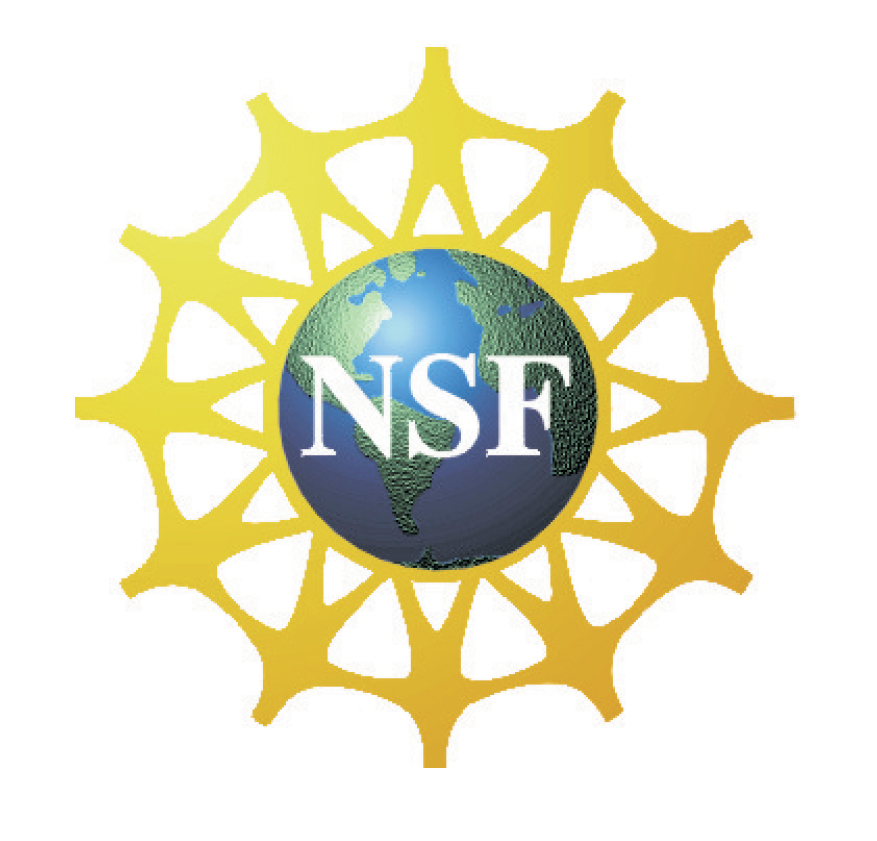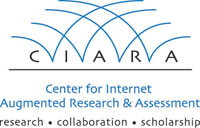Biodiversity informatics is an interdisciplinary research and infrastructure development activity. It thrives on collaborations among environmental biologists, computer scientists, and network and software engineers. As environmental biology becomes increasingly data-driven, the nature of international collaborations in biodiversity will evolve to include more network-based interactions and communications. Expectations for essentially instantaneous access to data sets and to computational tools and services, will change the timing and logistics of collaborative work.
The workshop will examine trends where cyberinfrastructure is likely to effect change in biodiversity research informatics:
- An increasing need for basic biological inventory and systematics research
- Web standards for accessing remote databases and data repositories transforming research protocols and priorities
- Emerging Grid-based and Internet-based, global, biodiversity and ecological informatics infrastructures
- High-bandwidth, low latency, international networks, and networked environmental sensor arrays enabling new kinds of ecological and biodiversity monitoring and experimentation
- Synthesis and predictive modeling activities becoming easier and increasingly relevant outputs of biodiversity research
- Web-based biodiversity decision support systems facilitating ad hoc analysis and interpretation of short- and long-term biodiversity trends, ensuring broader impact of research results
Workshop Outcome
The outcome of the workshop will be a report that will describe a vision of how the cyberinfrastructure and the biological and ecological sciences communities in the U.S., Mexico, Central America and ultimately all of the countries of the western hemisphere, could collaborate to fully exploit the benefits of cyberinfrastructure innovation to benefit the biological and ecological sciences domains. The report will provide recommendations to (1) the NSF and the other national funding agencies to quantitatively and qualitatively assess the current state of biological and ecological collaborative research in the region; (2) the NSF and other agencies about how to engage this community through programs, research, education and outreach; (3) the Mexican and Central American participants to enable them to work with the NSF to develop opportunities for this research area; (4) policy makers and industry representatives to inform them of opportunities, issues and challenges in this area that can have an impact on their communities of interests.
About the Smithsonian Tropical Research Institute
| Partners |
|
 |
| Sponsors |
 |






